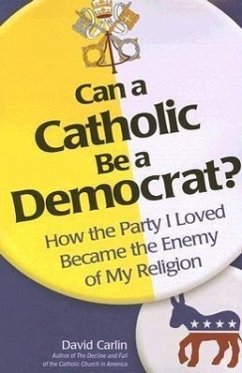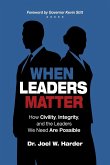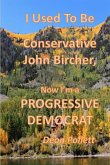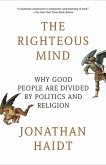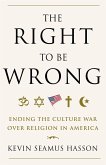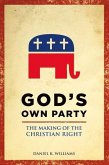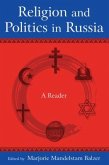That's a good question, since these days both parties endorse policies or engage in activities that contradict some or many Catholic teachings about abortion, poverty, immigration, war and peace, or other issues of life and justice. But that's not always been the case. Indeed, when author David Carlin was a young man, it was scandalous for a good Catholic to be anything but a good Democrat. In the pews, pubs, and union halls of America's cities, millions of poor European immigrants and their children pledged allegiance to the Church of Rome and the party of FDR. All that changed in the 1960s, with the rise of a new kind of Democrat: wealthy, secular, ideological. Even as Carlin served the party he loved twelve years as a Rhode Island state senator and once a candidate for Congress he could only watch in dismay as its national leaders abandoned their blue-collar, pro-life, and religious constituencies and took up with NOW, Hollywood, and the abortion lobby. So complete has been this transformation that we no longer speak of a natural alliance between Catholics and the Democratic Party. Indeed, ever increasing numbers of Democrats are joining the ranks of us voters for whom "voting Catholic" means holding our nose and choosing the candidates in either party whose views are least hostile to our faith. In recent years, the conflict between his faith and the policies of his party has grown so marked that author Carlin, a cradle Catholic, lifetime Democrat, and longtime Democratic legislator, now feels compelled to consider in his new book whether, in good conscience, it's even possible to be both a faithful Catholic and a Democratic true believer. But Can a Catholic Be a Democrat? isn't partisan. It's Catholic. By considering the changes that have taken place in his own party these past fifty years (and that some would now bring about in the Republican Party, too), Carlin identifies the fundamental policies that we as Catholics must support.

